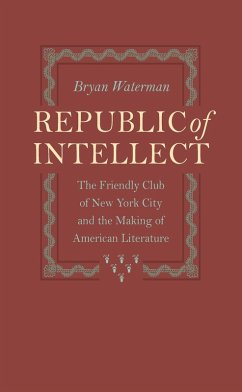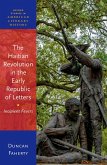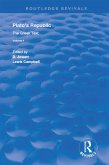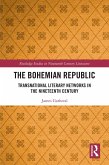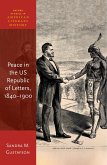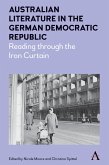In the 1790s, a single conversational circle-the Friendly Club-united New York City's most ambitious young writers, and in Republic of Intellect, Bryan Waterman uses an innovative blend of literary criticism and historical narrative to re-create the club's intellectual culture. The story of the Friendly Club reveals the mutually informing conditions of authorship, literary association, print culture, and production of knowledge in a specific time and place-the tumultuous, tenuous world of post-revolutionary New York City. More than any similar group in the early American republic, the Friendly Club occupied a crossroads-geographical, professional, and otherwise-of American literary and intellectual culture. Waterman argues that the relationships among club members' novels, plays, poetry, diaries, legal writing, and medical essays lead to important first examples of a distinctively American literature and also illuminate the local, national, and transatlantic circuits of influence and information that club members called "e;the republic of intellect."e; He addresses topics ranging from political conspiracy in the gothic novels of Charles Brockden Brown to the opening of William Dunlap's Park Theatre, from early American debates on gendered conversation to the publication of the first American medical journal. Voluntary association and print culture helped these young New Yorkers, Waterman concludes, to produce a broader and more diverse post-revolutionary public sphere than scholars have yet recognized.
Dieser Download kann aus rechtlichen Gründen nur mit Rechnungsadresse in A, B, BG, CY, CZ, D, DK, EW, E, FIN, F, GR, HR, H, IRL, I, LT, L, LR, M, NL, PL, P, R, S, SLO, SK ausgeliefert werden.

